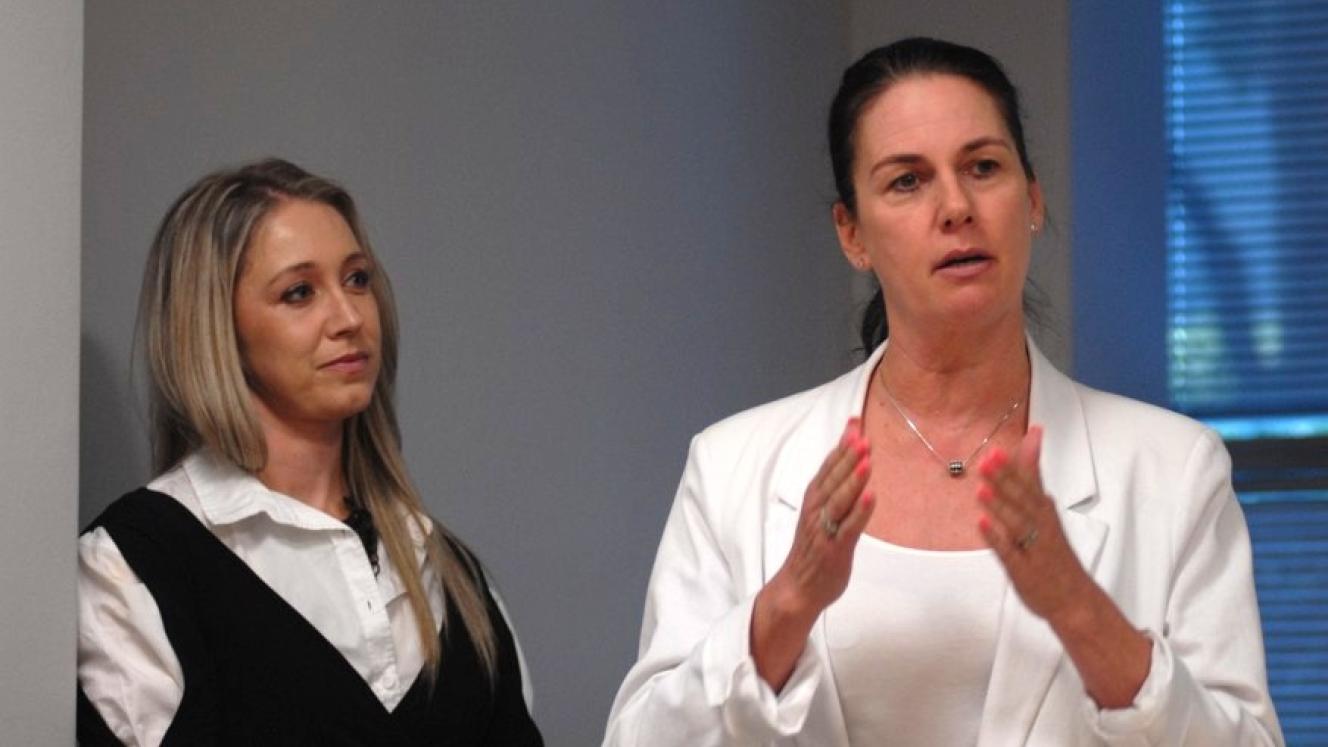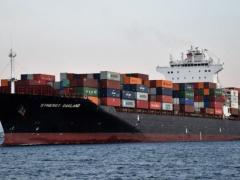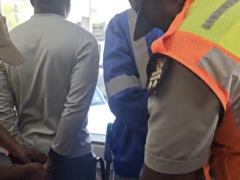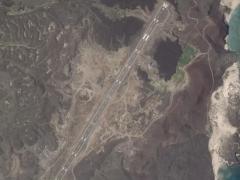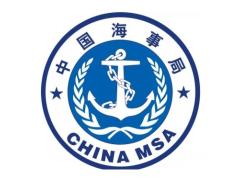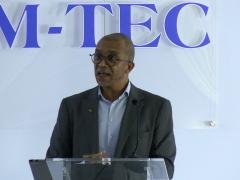The South African Federation of Trade Unions (Saftu) has said it welcomes the long-overdue arrests of Brian Molefe, Anoj Singh, Siyabonga Gama and Thamsanqa Jiyane in a corruption investigation that goes back to the state-capture years of Jacob Zuma.
The four will face criminal charges related to the rigged Transnet locomotives procurement deal involving China South Rail (CRRC).
All four accused appeared before the Palm Ridge Specialised Commercial Crimes Court and were each granted bail of R50 000.
Saftu said it’s a significant development in the long fight against state capture and economic betrayal – “but justice will not be served through arrests alone.
“These individuals must be fully prosecuted, convicted, and the stolen wealth recovered and reinvested into the working-class communities they helped devastate.”
In 2022, the Zondo Commission found that the Public Protector was right in ruling that the 1 259 locomotive contracts were irregularly awarded, the tender process was manipulated to favour CRRC, local industrial producers – especially Union Carriage & Wagon (UCW) in Nigel – were deliberately excluded, and that criminal prosecution was recommended for Molefe, Singh and Gama.
The Public Protector’s 2017 report, titled Report of the Public Protector on an Investigation into Allegations of Improper Conduct Relating to the Procurement of Rolling Stock by Transnet, determined that the locomotive tender was "improperly confined to favour a certain bidder", and found evidence of advance payments to CRRC in violation of procurement rules.
Saftu added that the 2019 follow-up report reinforced these conclusions, noting that UCW in Nigel was deliberately excluded from meaningful participation, denying thousands of workers their livelihoods.
The workers at UCW in Nigel – a local manufacturer with proven capacity – were the primary victims, Saftu said in a statement following the arrests.
“Instead of building locomotives locally and preserving jobs, CRRC was allowed to assemble abroad and import kits, gutting our industrial base.
“Jobs were lost, skilled workers were discarded and infrastructure was left to rot.
“This was not negligence. It was industrial sabotage driven by greed."
Despite its clear support for the long-overdue arrests, Saftu also expressed its concerns about the National Prosecuting Authority’s (NPA) ability to successfully prosecute high-profile state capture cases.
“We recall the collapse of the Matshela Koko prosecution, the stillborn Estina Dairy Farm case, as well as the delays and failures in VBS Mutual Bank prosecutions.
“If the NPA fails in this case, the result will be further erosion of public confidence, increased cynicism towards the state’s commitment to justice, and a signal that the powerful remain untouchable.”

